Publications
Articles, publications, books, tools and multimedia features from the U.S. Institute of Peace provide the latest news, analysis, research findings, practitioner guides and reports, all related to the conflict zones and issues that are at the center of the Institute’s work to prevent and reduce violent conflict.

Huawei’s Expansion in Latin America and the Caribbean: Views from the Region
Since its founding in Shenzhen, China, in 1987, Huawei has grown into one of the world’s major information and communications technology companies, but its ties to China’s government and military have been regarded by US officials as a potential risk to national security. Latin American and Caribbean countries, however, have embraced the company for the economic and technological benefits it provides. This report explains the stark contrast between Huawei’s standing in the United States and its neighbors to the south.

Linking Early Warning and Early Response Networks to Curb Violence in West Africa
A conflict early warning and early response (EWER) ecosystem has been developing in West Africa as multilateral organizations, governments, civil society groups, and others have established systems that detect threats and provide critical information to relevant authorities. Yet individual EWER systems are prone to a range of failures—from gaps in data to decision-making bottlenecks to response coordination breakdowns. This report argues that linking individual systems—a network-of-networks approach—can improve outcomes for people across West Africa and serve as a model for other conflict-affected regions around the world.
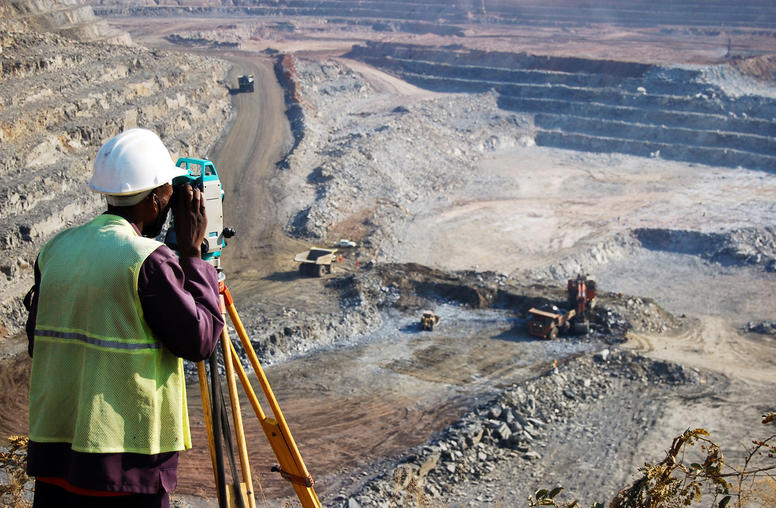
Critical Minerals in Africa: Strengthening Security, Supporting Development, and Reducing Conflict amid Geopolitical Competition
The United States Institute of Peace convened a senior study group to explore the role Africa plays in the United States’ efforts to diversify US critical mineral supply chains and how new investment in partnerships with African countries could help drive economic development and strengthen peace and security on the African continent. Based on meetings and interviews with relevant technical, operational, and policy experts, the study group developed multiple recommendations for the United States to support mutually beneficial public and private partnerships with African nations.
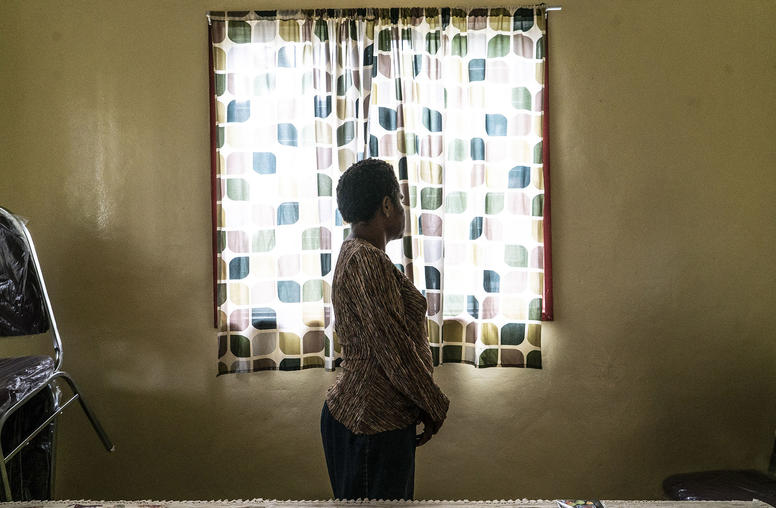
Addressing Gendered Violence in Papua New Guinea: Opportunities and Options
Each year, more than 1.5 million women and girls in Papua New Guinea experience gender-based violence tied to intercommunal conflict, political intimidation, domestic abuse, and other causes. It is, according to a 2023 Human Rights Watch report, “one of the most dangerous places to be a woman or girl.” Bleak as this may seem, it is not hopeless. USIP’s new report identifies several promising approaches for peacebuilding programming to reduce gender-based violence and effect meaningful and lasting change in Papua New Guinea.
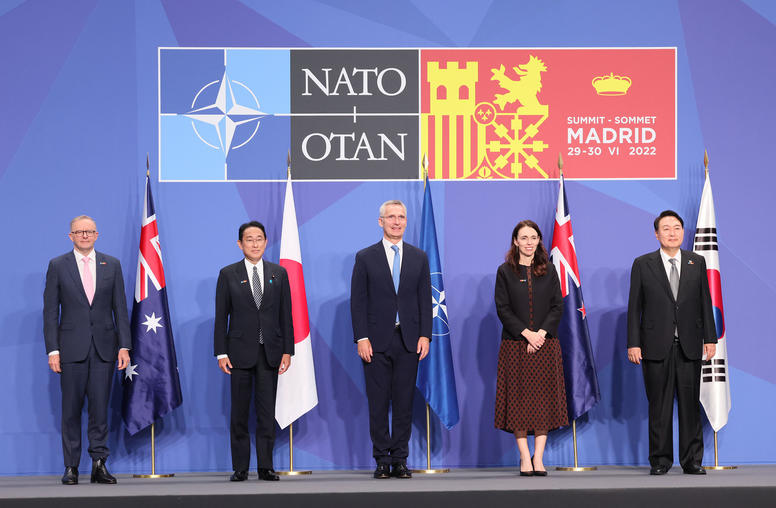
Report of the Expert Study Group on NATO and Indo-Pacific Partners
The North Atlantic Treaty Organization (NATO) and its four partner countries in the Indo-Pacific—Australia, Japan, the Republic of Korea (ROK), and New Zealand—have entered a period of increased engagement. This engagement is taking shape in the context of the war waged by the Russian Federation (Russia) against Ukraine, NATO’s growing awareness of the security challenges posed by the People’s Republic of China (China), and important structural changes in the international system, including the return of strategic competition between the United States and China and Russia. It is occurring not only in bilateral NATO-partner relations but also between NATO and these Indo-Pacific countries as a group.

The 2021 India-Pakistan Ceasefire: Origins, Prospects, and Lessons Learned
The February 2021 ceasefire between India and Pakistan along the Line of Control in Kashmir has—despite occasional violations—turned into one of the longest-lasting in the countries’ 75-year shared history. Yet, as Christopher Clary writes, the ceasefire remains vulnerable to shocks from terrorist attacks, changes in leadership, and shifting regional relations. With the ceasefire approaching its third anniversary, Clary’s report examines the factors that have allowed it to succeed, signs that it may be fraying, and steps that can be taken to sustain it.
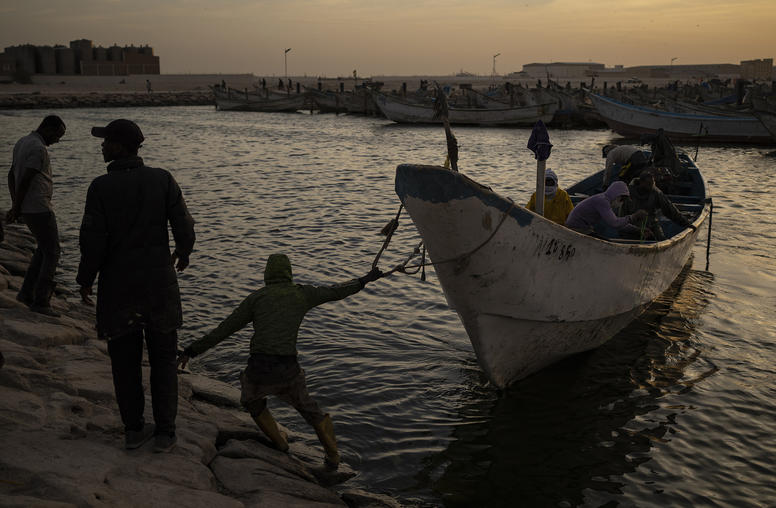
Senior Study Group for the Sahel: Final Report and Recommendations
The United States has not traditionally viewed the Sahel as a region of vital interest, whether in terms of security or from an economic or business perspective. This has led to a pattern of reactive involvement shaped by the circumstances of specific events rather than proactive commitments. This pattern reveals the lack of a comprehensive strategy for the volatile Western Sahel region, which includes Burkina Faso, Chad, Mali, Mauritania, and Niger. In April 2022, President Joe Biden announced that the US government would advance the “U.S. Strategy to Prevent Conflict and Promote Stability” in coastal West Africa by prioritizing a partnership with Benin, Côte d’Ivoire, Ghana, Guinea, and Togo.

“Sewage of the Cold War”: China’s Expanding Narratives on NATO
Although China’s views on NATO have fluctuated since the early days of the Cold War, Beijing’s recent statements on the alliance have sharpened. This report argues that they amount to a “rhetorical attack” on the alliance’s legitimacy that can potentially undermine trust among its Asia-Pacific partners and, more broadly, confidence in Western ideas of collective security. The report offers recommendations for investments NATO should make in understanding, tracking, and countering Chinese narratives about the alliance.
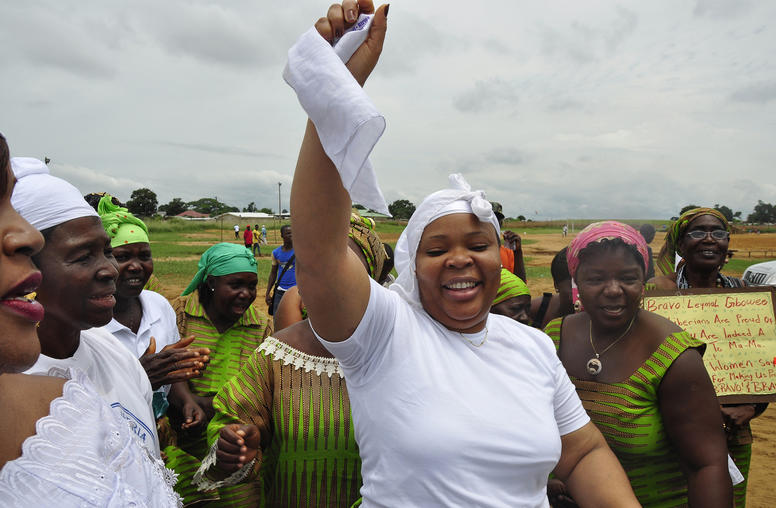
Religious Actors in Formal Peace Processes
Despite the significant impact—both real and potential—that religious actors and communities can have on formal peace processes, there is little research on or analysis of their engagement as part of these processes. This report aims to remedy this deficit by examining whether, when, how, and to what extent religious actors have been engaged in formal peace and political transition processes.

Mapping the Religious Landscape of Ukraine
Religion and religious actors have been important influences on the occupation of Crimea and on hybrid warfare issues in eastern Ukraine since 2014. Since Russia’s February 2022 full-scale invasion, they have influenced social dynamics within Ukraine as a whole. This report analyzes the nuanced connections between religion and society, which are crucial to understanding the conflict, and offers lessons that can guide effective, feasible peacemaking and peacebuilding interventions.